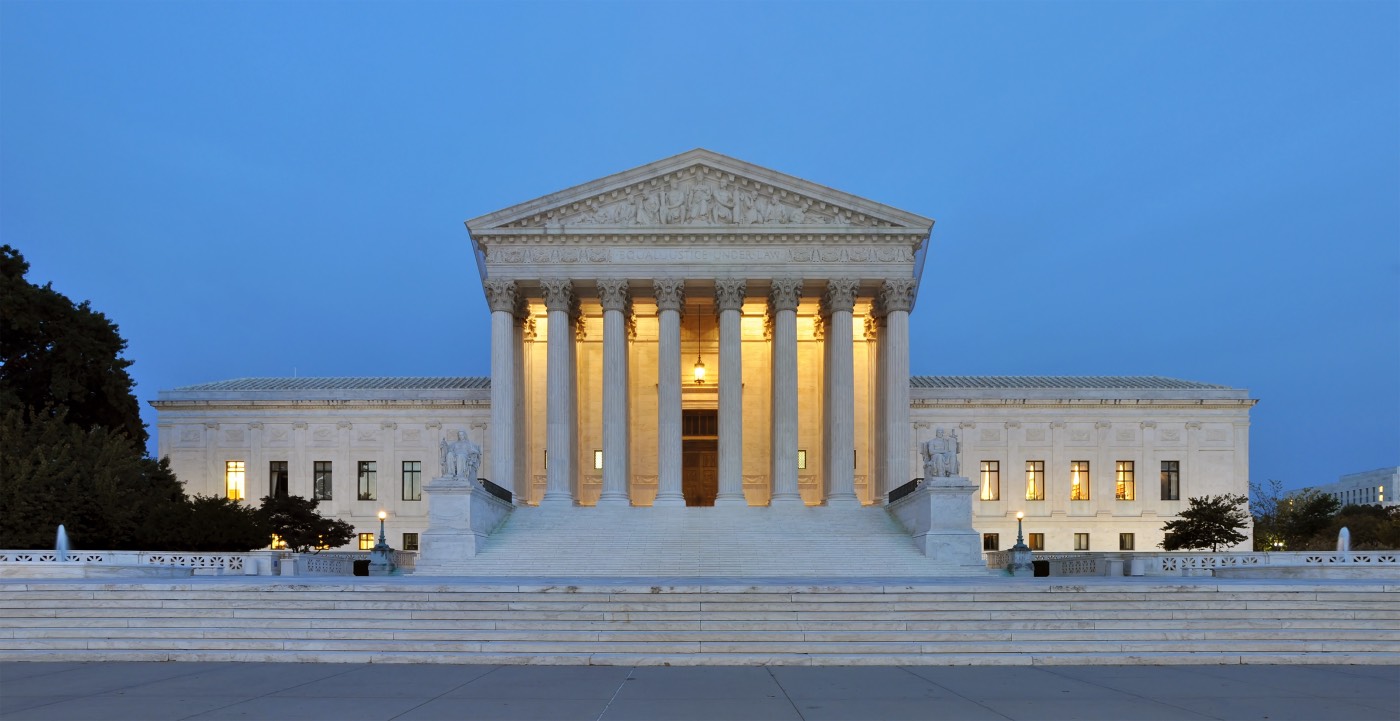WASHINGTON DC, USA – The US Supreme Court on Wednesday, June 26, 2024, ruled that the White House and federal agencies, including the Federal Bureau of Investigation, may continue urging social media platforms to remove content deemed as misinformation.
This decision grants the Biden administration a significant yet technical victory in an election year.
Of particular importance, the ruling allows the Department of Homeland Security to keep flagging posts on platforms like Facebook and X that it suspects may originate from foreign agents aiming to interfere with the upcoming presidential election.
Justice Amy Coney Barrett wrote the opinion for the 6-3 majority. “To establish standing, the plaintiffs must demonstrate a substantial risk that, in the near future, they will suffer an injury that is traceable to a government defendant and redressable by the injunction they seek,” Barrett stated.
“Because no plaintiff has carried that burden, none has standing to seek a preliminary injunction.”
For years, Biden administration officials have urged social media platforms to remove posts spreading misinformation about vaccines, the Covid-19 pandemic, and the 2020 election, among other topics.
The government contended that many of these posts violated the platforms’ own policies.
In 2022, Republican officials from Missouri and Louisiana, along with five social media users, sued the government.
They argued that the White House had engaged in an informal campaign to coerce tech companies into silencing dissenting voices, a practice known as “jawboning.”
They cited the suppression of coverage regarding Hunter Biden’s laptop in late 2020 as evidence of unconstitutional government influence.
Internal communications from Twitter revealed that company officials were divided on whether to suppress coverage of the laptop story, challenging claims that the platform demoted it solely due to government pressure.
The plaintiffs also alleged that the FBI had mislabeled content written by Americans as foreign and urged its removal.
Chief Justice John Roberts and Justices Sonia Sotomayor, Elena Kagan, Brett Kavanaugh, and Ketanji Brown Jackson joined Barrett in the majority.
Justice Samuel Alito, joined by Justices Clarence Thomas and Neil Gorsuch, dissented. Alito labeled the case “one of the most important free speech cases to reach this Court in years.”
He argued that the challengers had provided sufficient evidence to establish standing. “The Court, however, shirks that duty and thus permits the successful campaign of coercion in this case to stand as an attractive model for future officials who want to control what the people say, hear, and think,” Alito wrote. “That is regrettable.”
Alito described the officials’ conduct as “unconstitutional,” “coercive,” and “dangerous.” “It was blatantly unconstitutional, and the country may come to regret the Court’s failure to say so,” he wrote.
The case questioned the government’s ability to influence public debates that now predominantly unfold online.
The government argued that the plaintiffs lacked standing, partly because their content was moderated before the administration began flagging suspect posts.
Additionally, the states’ reliance on a few past incidents of content moderation was insufficient to establish standing.
A federal judge in Louisiana initially blocked the White House and several federal agencies from communicating with social media companies about removing content in a sweeping preliminary injunction last year.
The 5th US Circuit Court of Appeals later narrowed the injunction to a few agencies it believed likely violated the First Amendment.
The New Civil Liberties Alliance, representing the private plaintiffs, framed the decision as a setback for free speech.
“The government can press third parties to silence you, but the Supreme Court will not find you have standing to complain about it absent them referring to you by name apparently,” said senior litigation counsel John Vecchione. “This is a bad day for the First Amendment.”
Conversely, other groups saw the decision as balancing free speech and public safety online. Sacha Haworth, executive director of the Tech Oversight Project, praised the ruling.
“This ruling correctly affirms the federal government’s right to notify the platforms about credible digital threats from foreign and domestic actors and puts the onus on tech companies to take those threats seriously,” she said.
White House press secretary Karine Jean-Pierre also welcomed the decision.
“The Supreme Court’s decision is the right one, and it helps ensure the Biden Administration can continue our important work with technology companies to protect the safety and security of the American people,” Jean-Pierre stated.
The ruling signals the Supreme Court’s frustration with the 5th Circuit, said Steve Vladeck, CNN Supreme Court analyst and professor at the University of Texas School of Law.
“For the second time in 13 days, a cross-ideological majority has thrown out a controversial lawsuit that right-wing plaintiffs had deliberately steered to the 5th Circuit,” Vladeck noted.
During oral arguments in March, several of the court’s conservatives expressed skepticism about the states’ position, raising concerns about setting a precedent that would hinder government communication with social media platforms over potentially harmful content.
The case arrives amid ongoing warnings from the government about foreign efforts to use social media to influence elections.
The Director of National Intelligence recently predicted that China’s “growing efforts to actively exploit perceived US societal divisions using its online personas” would “move closer to Moscow’s playbook” this year.
This case is among several high-profile matters the court is addressing at the intersection of the First Amendment and social media. In another significant case, Florida and Texas are defending laws designed to prevent social media platforms from throttling conservative views.







